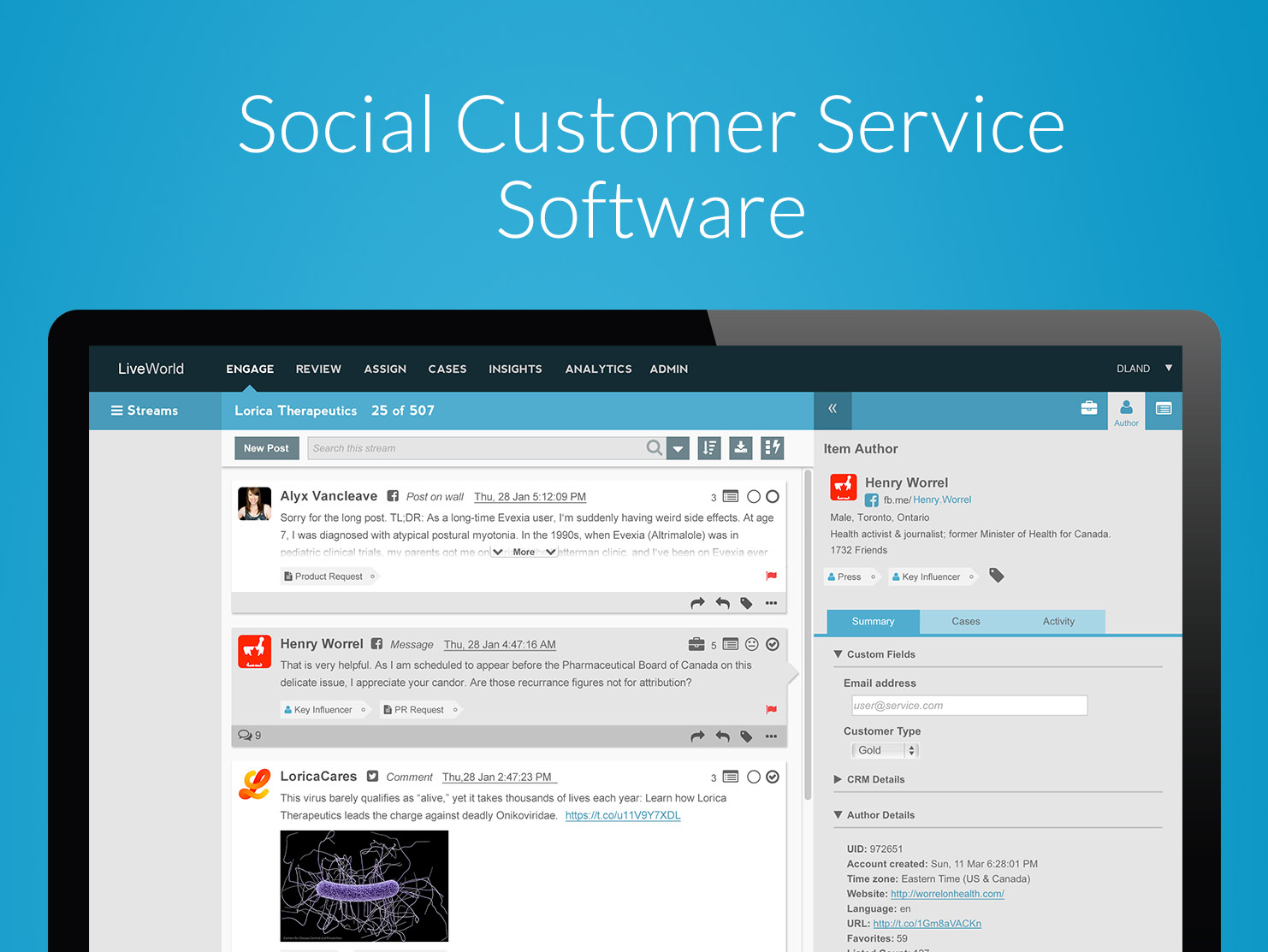
The Importance of Social Customer Service
Part 1 in the Series: Social Customer Service
Now more than ever, customers are taking their customer service issues to social media. But do you know how high the stakes are? Several studies show that it is critical for businesses to have an effective social customer service program.
According to J.D. Power and Associates, 67% of consumers have used a company’s social media site for servicing such as asking questions or communicating problems. In another study, Nielsen found that 33% of users prefer to contact brands using social media rather than the phone.
What’s more, customers expect to receive a prompt response (often within an hour) when using social media as a customer service channel (source: Milward Brown Digital).
 When companies engage and respond to customer service requests over social media, those customers end up spending 20% to 40% more with the company, according to Bain & Company.
When companies engage and respond to customer service requests over social media, those customers end up spending 20% to 40% more with the company, according to Bain & Company.
On the other hand, poor social customer service can tip the scales the other way. We found that 66% of customers have stopped doing business with a company due to bad customer service experiences.
That’s why it’s so important for brands to have a process in place to quickly, identify, route, prioritize, respond to, and resolve customer service issues taking place in social media. Crucially, the gains you’ll see are more than financial; you’ll also increase customer satisfaction, engagement and overall loyalty.
A sound social customer service program has four key components:
- Listen – Organize and prioritize customer conversations in smart queues
- Respond – Deliver richer, personalized 1-on-1 conversations by being able to respond to customers at scale
- Resolve – Escalate customer issues and route them to the right teams or people who can resolve them
- Analyze – Gain insights into your customer support and resolution activities and better understand the drivers of your customer conversations.